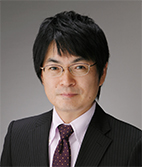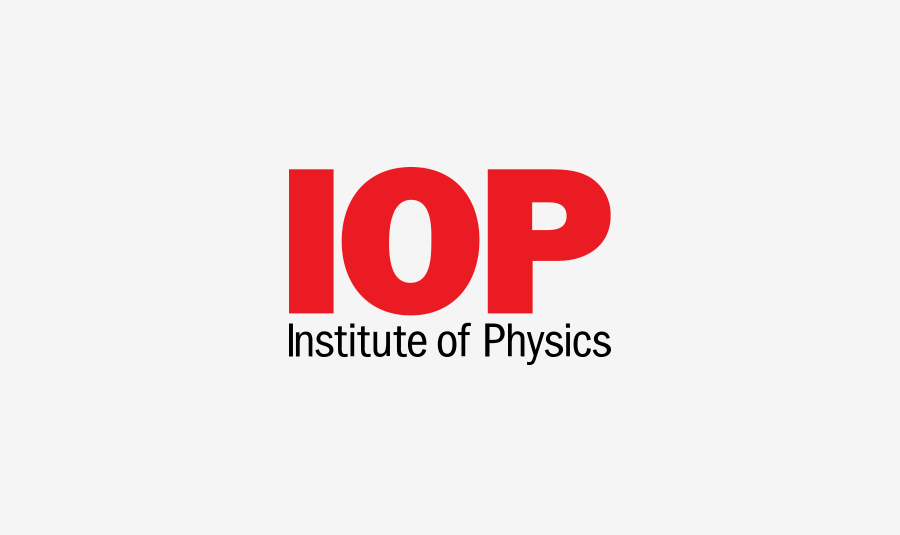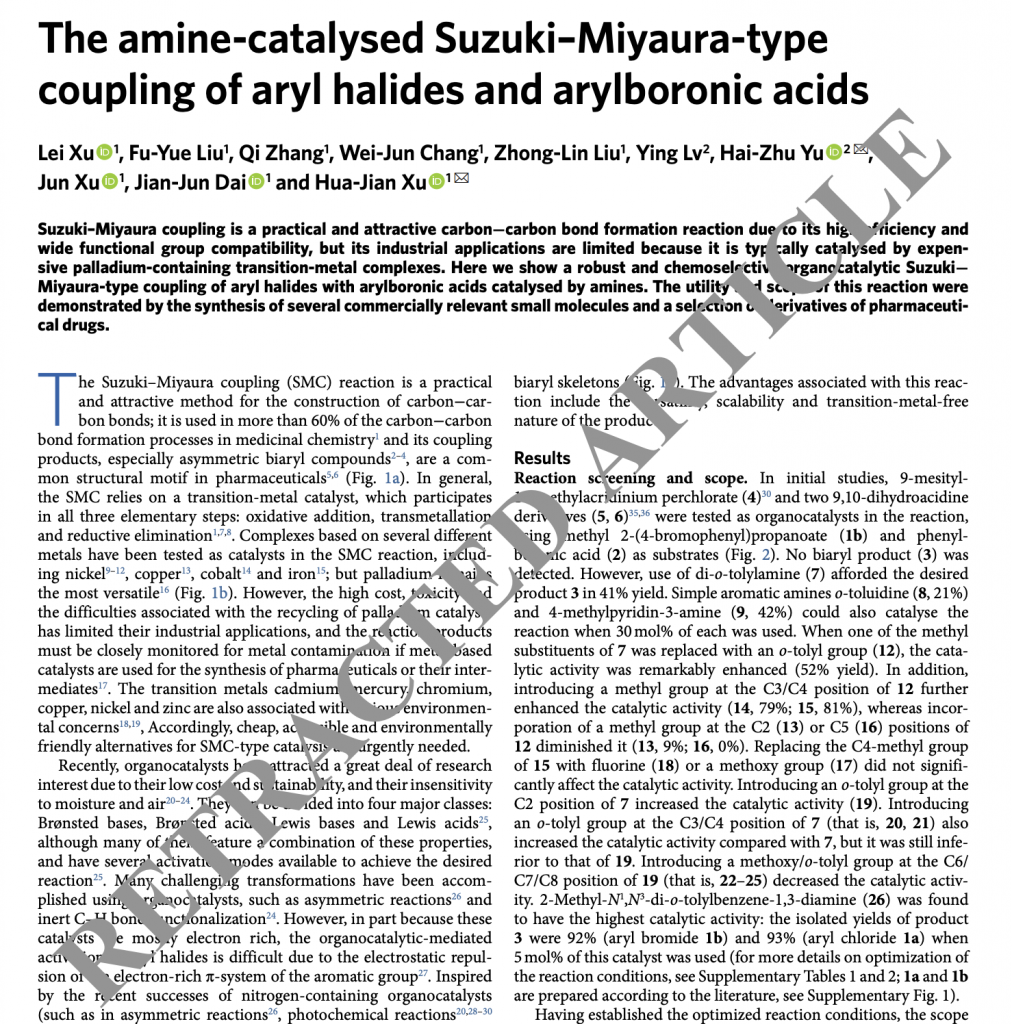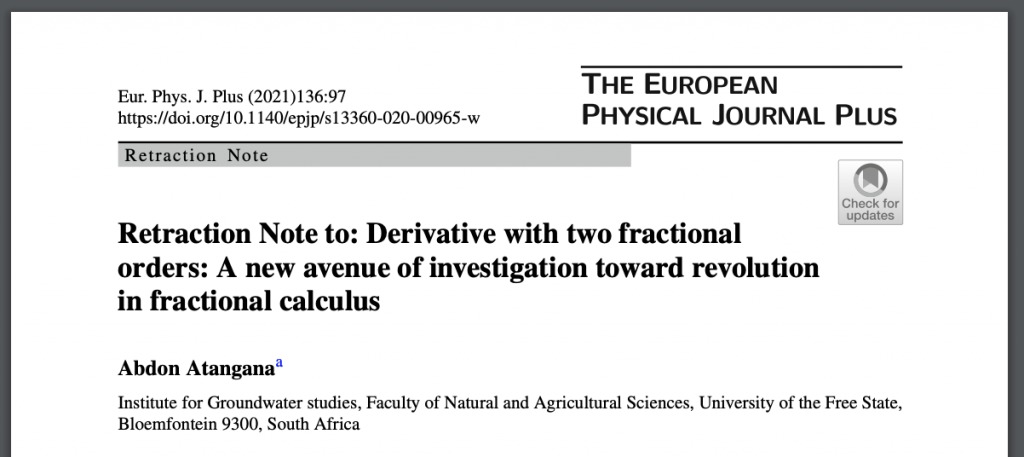A mathematician has requested the retraction of two recently published articles “claiming proofs of big results in number theory,” as one observer put it.
After publication, the author said he “found some subtle inaccuracies” in the work.
The editor-in-chief of the mathematics journal Studia Logica, where the papers were published, posted a notice to the publication’s website weeks ago stating that it had retracted the two articles.
But the online versions of the papers still show no signs of having been retracted, as the editors wait on their publisher, Springer Nature, to process the retractions.
Continue reading Mathematician requests two retractions for “subtle inaccuracies”








